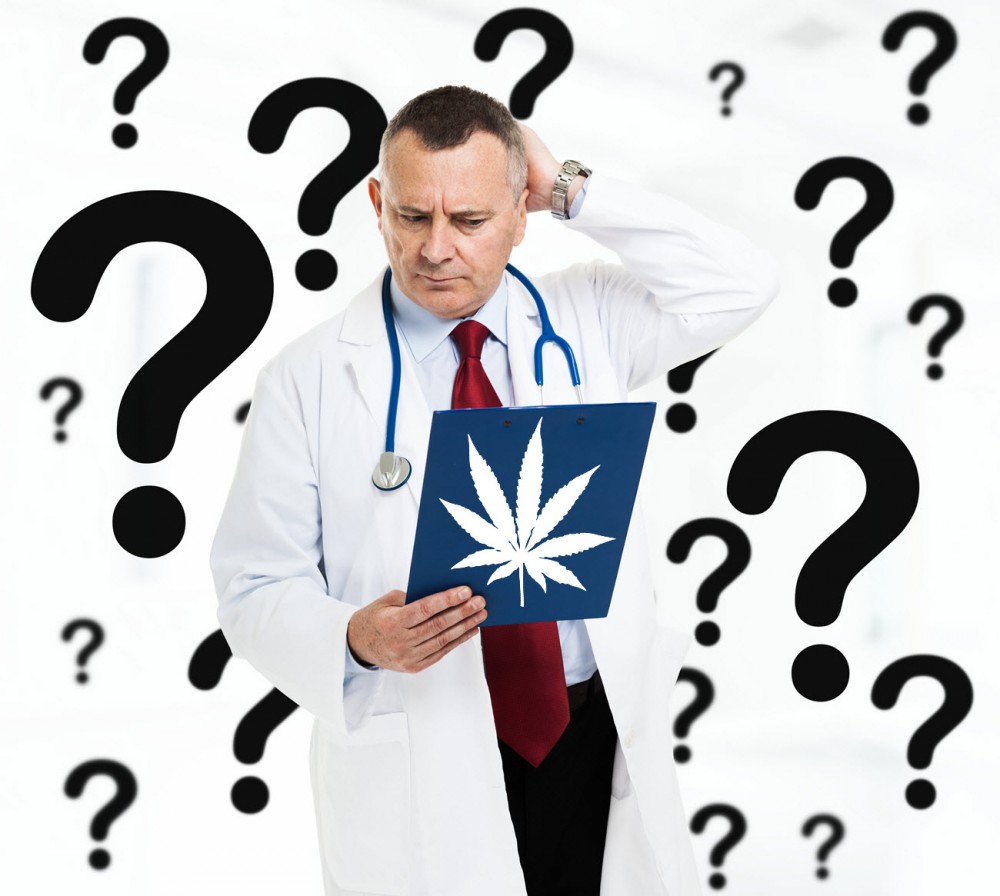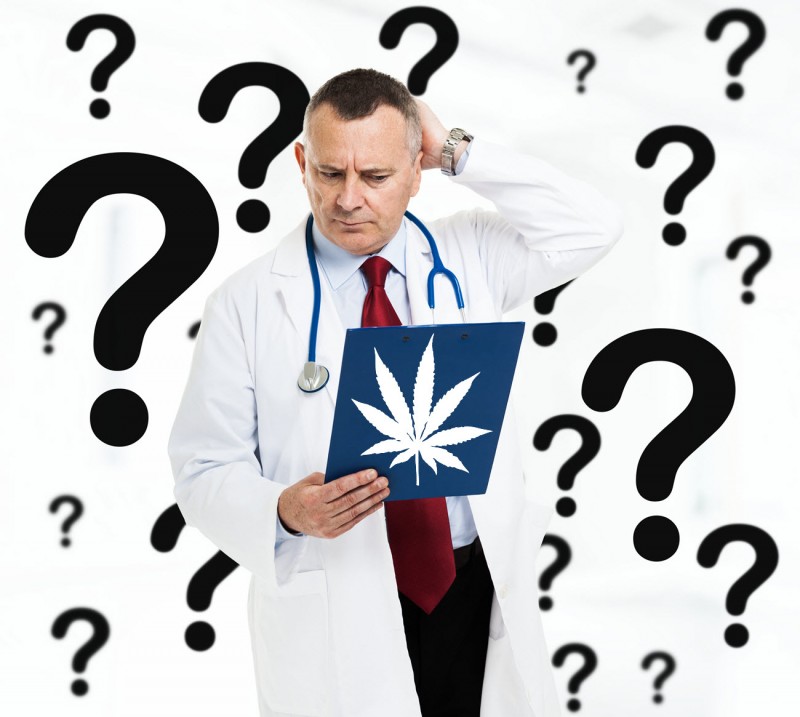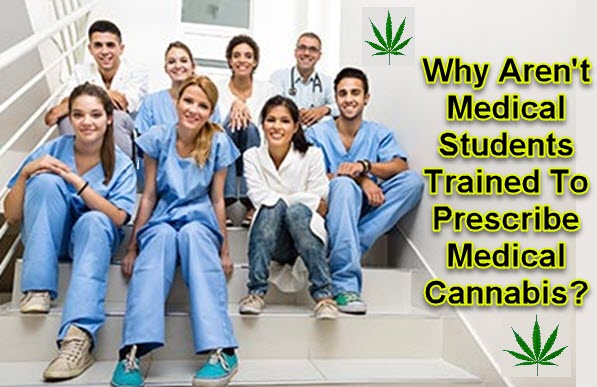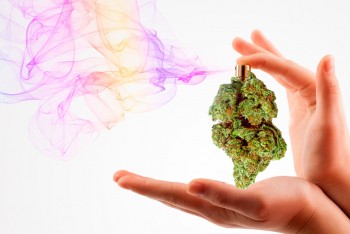Med School Students Still Don’t Have Adequate Training On Cannabis

When Are They Going To Get With The Times?
The fast-moving political, social, and medical climate of today means that medical schools need to change their curriculum faster than ever.
But it has become clear that for med schools, they are lagging behind topics that are increasingly socially and politically relevant, such as cannabis, and this is going to have a serious impact not just for physicians, but for the patients they will be serving.
A recent survey of med school students in George Washington University at Washington DC report that they have not received formal training on the therapeutic uses of cannabis while they were undergraduates. Sixty percent of the respondents said they got “no formal education on medical cannabis” and another 38% reported getting “a little bit.” Meanwhile, less than 2% of the respondents said that they got “a sufficient amount” of training in medical cannabis issues during their time in med school.
It’s truly worrisome; most respondents said they were “not at all prepared” to talk about these issues and the benefits of cannabis as well as its risks. Out of all the respondents, 77% believe that “there should be more formal education on medical cannabis in medical school.”
“Altogether, deficits in cannabis knowledge will need to be addresses as medical and recreational legalization continues to expand throughout the US… We urge medical schools and medical education regulatory bodies to strongly consider adopting standards for cannabis education to ensure that future physicians can provide the best possible care to their patients.”
This is not news: there are older studies that echo the same sentiments from medical school students. How are we expected to use cannabis as medicine properly if we don’t have the same care from doctors that are well-versed in recommending medication that isn’t good for us?
In 2017, another survey conducted by researchers from the Washington University School of Medicine polled residents and deans in medical school. They analyzed curriculum databases to see what level of training they were getting in medical cannabis. “Over 75 percent of medical school curriculum deans reported that their graduates are not at all prepared or are slightly prepared to answer patients’ questions about medical marijuana, and 94% reported that their graduates are not at all prepared or only slightly prepared to prescribe medical marijuana.”
Additionally, less than 10% of medical schools actually include medical marijuana in their curriculum.
“As a future physician, it worries me,” said third year med school student Evanoff. “We need to know how to answer questions about medical marijuana’s risks and benefits, but there is a fundamental mismatch between state laws involving marijuana and the education physicians-in-training receive at medical schools throughout the country.”
“You address the controversy,” explains Carolyn Dufault, an assistant dean for education at the school and co-investigator of the study. “You say, ‘This is what we know,’ and you guide the students to the points of controversy. You also point out there there may be research opportunities.”
The authors of the study add that while states continue legalizing cannabis for both recreational and medical use, doctors must have adequate training to address questions from patients. “More medical students are now getting better training about opioids, for example,” Evanoff said. “We talk about how those drugs can affect every organ system in the body, and we learn how to discuss the risks and benefits with patients. But if a patient were to ask about medical marijuana, most medical students wouldn’t know what to say.”
“Medical education needs to catch up to marijuana legislation,” said Laura Jean Beirut, senior author of the study, and a professor of psychiatry at the Washington University in St. Louis. “Physicians in training need to know the benefits and drawbacks associated with medical marijuana so they know when or if, and to whom, to prescribe the drug.”
Back in 2015, it was reported that 6 in 10 pharmacy students thought that the medical use of cannabis should be legalized. The study, conducted by researchers at the University of Kansas, involved polling 311 of their pharmacy students.
“Marijuana should be legalized for medicinal uses,” said 59% of them. Some of the respondents, who admitted to using cannabis in the past, were also more likely to support the legalization of medical cannabis compared to the students who had no history of use.
It was sad to note that most respondents felt uncomfortable responding to these questions, especially around the efficacy and safety of cannabis. Only a handful of them said that they received school training that was specific to cannabis, but 90% of them agree that more training on cannabis should be added to their curriculum.
If medical schools are worried about dabbling in a topic that is controversial and political, there is absolutely no need for them to take a stand or pick sides just to teach what we know about cannabis. The law could be imposing fear, but what about the physicians that are ill-equipped to make sure their patients get the care that they deserve?
MEDICAL SCHOOL STUDENTS ON MARIJUANA, READ MORE...
WHY MED SCHOOL STUDENTS DON'T PRESCRIBE MARIJUANA








